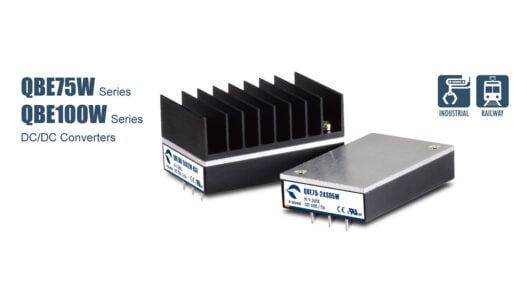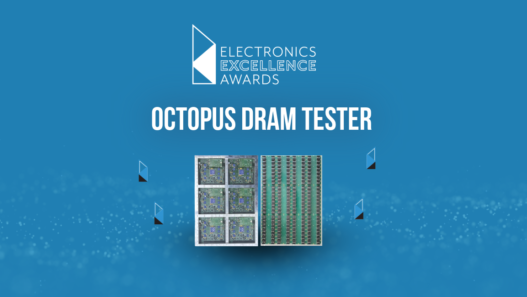SARah is based on a scalable family architecture with full upwards and downwards compatibility. The common pin-out and software compatibility makes it easy for automotive designers to develop variation of their systems. With a total of 28 members in all, the SARah family offers a wide range of configuration choices. There are 2, 4, and 8-channel versions available. Designers can select 8, 10, or 12-bit versions with internal or external voltage references.
“SARah has already achieved wide market acceptance in industrial process control, power generation and consumer white goods applications, where they contribute to better performance and greater energy efficiency,” explains Bernhard Huber, Business Line Manager for Standard Components at ZMD. “By offering Q100 qualification, we’ve made it easier for automotive designers to take advantage of SARah’s low power and family compatibility.”
Automobiles have dozens of sensors that require analog-to-digital conversion before the car’s computer systems can use the data. Many of these sensors control emissions and safety functions, so reliability is an absolute requirement. AEC-Q100 is a critical stress test qualification for these automotive integrated circuits. ZMD’s SARah family allows the car company to standardize on a single Q100-qualified family architecture and then select the correct part for each application with virtually no extra engineering effort. This reduces design and programming time.
All SARah family members offer high accuracy at very low power consumption. With sampling rates of up to 300 ksps, SARah delivers ± 0.25 LSB (least significant bits) DNL (differential non-linearity) and ± 0.25 LSB INL (integral non-linearity) across the temperature range of -40°C to 125°C. All family members have a serial interface that supports SPI(TM), QSPI(TM), and Microwire(TM) protocols – industry standards for ADCs. SARah devices have been designed to work together in applications which require large numbers of sensor ADCs. SARah ADCs can share a common voltage reference and clock source, which reduces cost and in many cases can improve system accuracy. A SARah device can also work from its internal voltage reference and clock source.
As one of the key building blocks in system signal path designs, ADCs accurately capture real-world analog information and convert it for further processing in the digital domain. Comprising the majority of the ADC market, SAR converters are widely considered to be the most cost-effective for applications that require precise digital modelling of analog signals, such as emissions control and fuel-economy management systems.
ZMD offers a USB-based demo and development platform, unique in the industry. Support software, including FFT (Fast Fourier Transform) code, is available. The common software model allows code to be re-used across multiple designs, thus saving customers development time. The SARah family members for automotive applications are sampling now and will be available for production in Q1 of 2009. They come in an SSOP package rated for -40 to +125°C operation. Pricing ranges from around Euro 2,00 to Euro 4,00 in 1K quantities.







